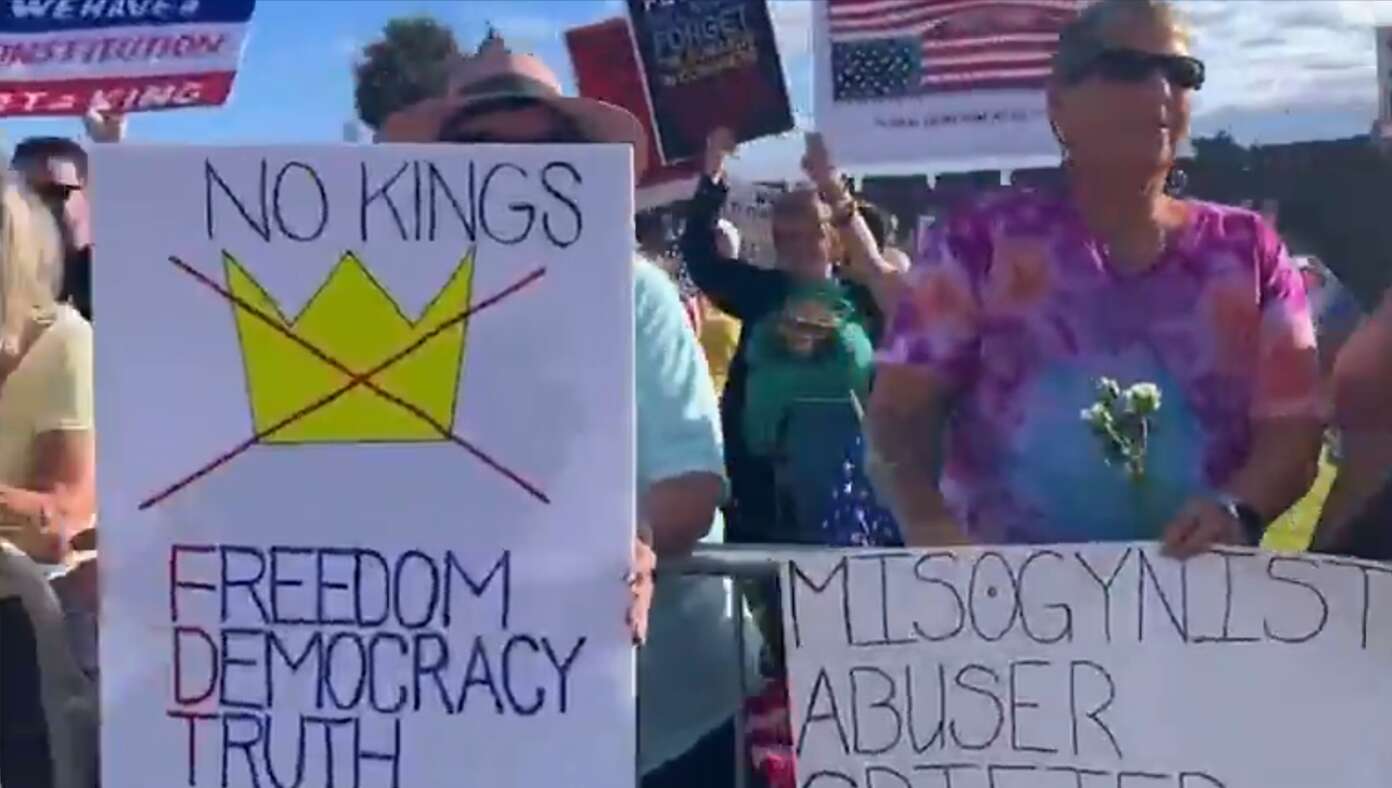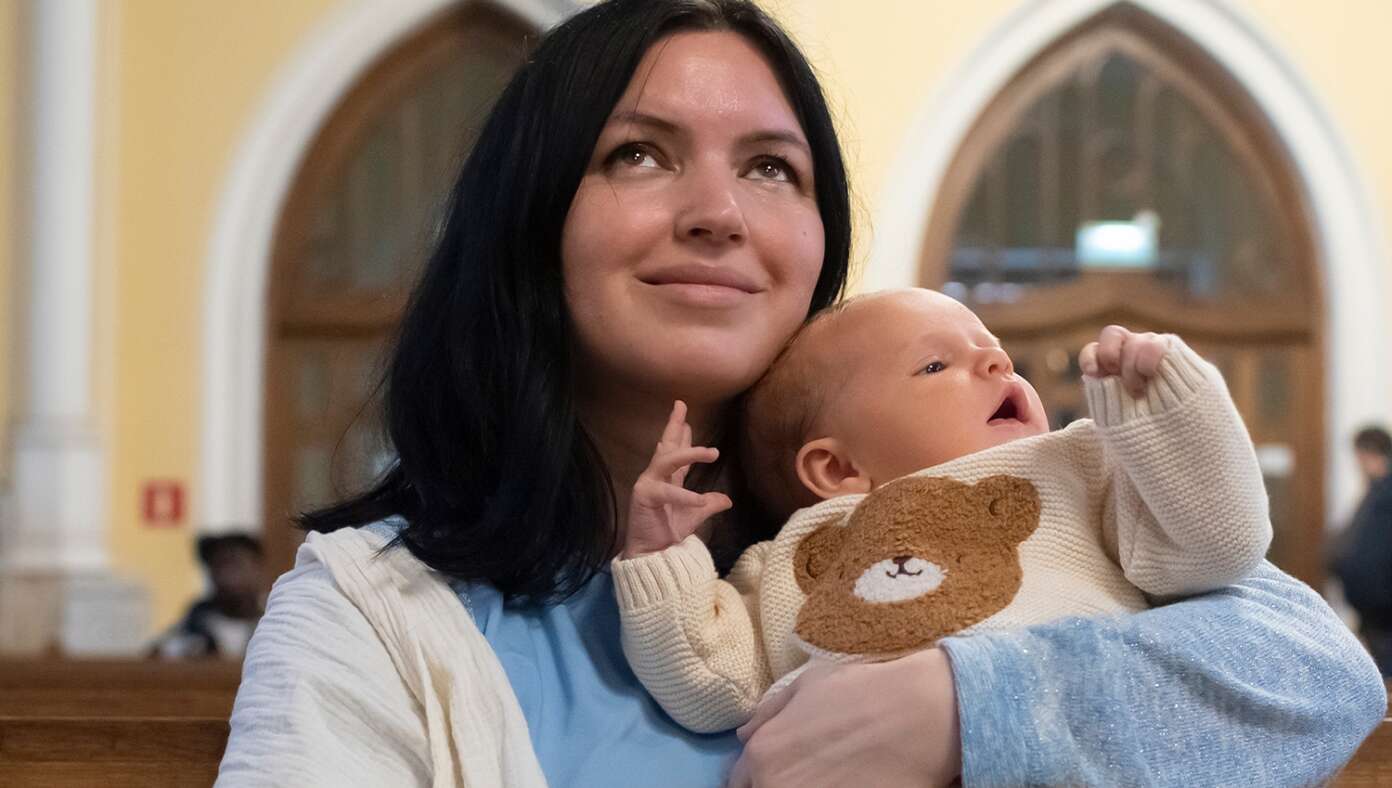
U.S. — The countrywide "No Kings" protests are being hailed as an unmitigated success as after two days of rallies, America still does not have any kings.
Read More
U.S. — The countrywide "No Kings" protests are being hailed as an unmitigated success as after two days of rallies, America still does not have any kings.
Read More
SILVER SPRING, MD — An abjectly sinful four-month-old baby appeared to pay no attention whatsoever to the sermon at Bethel Lutheran Church this morning.
Read More